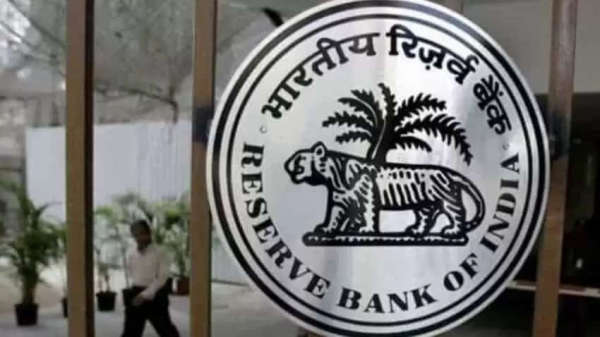
RBI's Priority Sector Lending norms: The amendments made by the Reserve Bank of India (RBI) recently in the Priority Sector Lending (PSL) guidelines will help the Indian economy grow faster. These amendments will further strengthen important sectors like MSME, agriculture and allied sectors, housing, and exports. This information was given in a report by SBI Research on Wednesday.
RBI has issued revised guidelines for PSL this week so that bank credit can be delivered to priority sectors more effectively. These new guidelines will come into effect from April 1, 2025.
These sectors will get a boost
According to the SBI report, several loan limits have been increased in the new PSL guidelines, including housing loans and loans for renewable energy. After this amendment, banks will now get an opportunity to lend more in the low-cost and affordable housing sector. Especially in Tier-IV, Tier-V and Tier-VI cities, where the demand for individual housing has increased rapidly after the pandemic, this move can prove to be beneficial for banks and non-banking companies.
Apart from this, giving priority to the renewable energy sector will further increase investment in this sector. This will give more credit to non-conventional energy sources and will be a significant boost towards India's target of achieving 500 GW of non-fossil fuel capacity by 2030 and net zero target by 2070.
Urban Co-operative Banks get relief
RBI has also revised the priority sector lending target for Urban Co-operative Banks (UCBs). Now this target has been increased to 60%, which will be decided on the basis of Adjusted Net Bank Credit (ANBC) or Credit Equivalent of Off-Balance Sheet Exposure (CEOBSE), whichever is higher.
Demand to include infrastructure sector in PSL
The SBI report said that big banks are facing difficulties in meeting PSL targets. Therefore, it has been suggested that infrastructure loans given in road projects, ports, railways, airports and power sector should either be given priority sector status or exempted from ANBC calculation.
Increased loan limit for repair of houses
Under the new guidelines, the loan limit for repair of damaged housing units has been increased. This will provide new opportunities to banks and financial institutions and will also provide relief to homeowners as they will be able to easily take loans to repair their properties.
Increased loan limit for renewable energy
RBI expanded the PSL norms in 2015 and set the maximum loan limit for solar energy, biomass based energy, and other non-conventional energy sources at Rs 15 crore. In 2020, it was increased to Rs 30 crore per borrower, and now in the new guidelines it has been increased to Rs 35 crore. For individual houses, this limit will remain Rs 10 lakh per borrower.
According to the SBI report, this marginal increase of Rs 5 crore may seem small, but it will play an important role in boosting credit flow to the renewable energy sector. This will help in meeting the targets of both clean energy and priority sector lending (PSL).